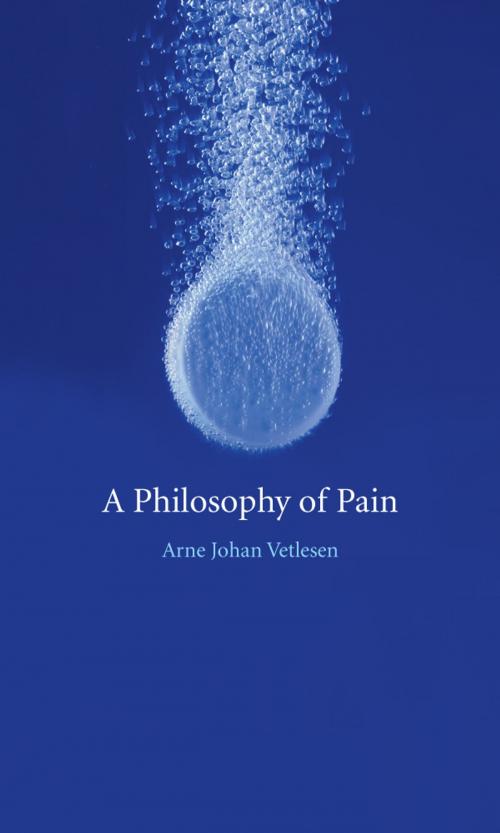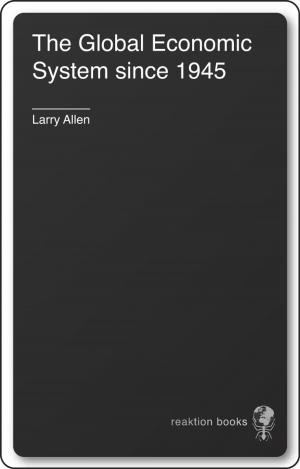| Author: | Arne Vetlesen | ISBN: | 9781861897008 |
| Publisher: | Reaktion Books | Publication: | September 15, 2009 |
| Imprint: | Reaktion Books | Language: | English |
| Author: | Arne Vetlesen |
| ISBN: | 9781861897008 |
| Publisher: | Reaktion Books |
| Publication: | September 15, 2009 |
| Imprint: | Reaktion Books |
| Language: | English |
“Living involves being exposed to pain every second—not necessarily as an insistent reality, but always as a possibility,” writes Arne Vetlesen in A Philosophy of Pain, a thought-provoking look at an inevitable and essential aspect of the human condition. Here, Vetlesen addresses pain in many forms, including the pain inflicted during torture; the pain suffered in disease; the pain accompanying anxiety, grief, and depression; and the pain brought by violence. He examines the dual nature of pain: how we attempt to avoid it as much as possible in our daily lives, and yet conversely, we obtain a thrill from seeking it.
Vetlesen’s analysis of pain is revealing, plumbing the very center of many of our most intense and complicated emotions. He looks at pain within different arenas of modern life such as family and work, and he specifically probes at a very common modern phenomenon, the idea of pushing oneself to the limit. Engaging throughout with the ideas of thinkers such as Søren Kierkegaard, Sigmund Freud, Martin Heidegger, Jean-Paul Sartre, Maurice Merleau-Ponty, Max Horkheimer, Theodor Adorno, Alice Miller, Susan Sontag, and Melanie Klein, A Philosophy of Pain asks which came first, thinking or feeling, and explores the concept and possibility of empathy.
Vetlesen offers an original and insightful perspective on something that all of us suffer and endure—from a sprained ankle to a broken heart. Although pain is in itself unpleasant, our ability to feel it reminds us that we are alive.
“Living involves being exposed to pain every second—not necessarily as an insistent reality, but always as a possibility,” writes Arne Vetlesen in A Philosophy of Pain, a thought-provoking look at an inevitable and essential aspect of the human condition. Here, Vetlesen addresses pain in many forms, including the pain inflicted during torture; the pain suffered in disease; the pain accompanying anxiety, grief, and depression; and the pain brought by violence. He examines the dual nature of pain: how we attempt to avoid it as much as possible in our daily lives, and yet conversely, we obtain a thrill from seeking it.
Vetlesen’s analysis of pain is revealing, plumbing the very center of many of our most intense and complicated emotions. He looks at pain within different arenas of modern life such as family and work, and he specifically probes at a very common modern phenomenon, the idea of pushing oneself to the limit. Engaging throughout with the ideas of thinkers such as Søren Kierkegaard, Sigmund Freud, Martin Heidegger, Jean-Paul Sartre, Maurice Merleau-Ponty, Max Horkheimer, Theodor Adorno, Alice Miller, Susan Sontag, and Melanie Klein, A Philosophy of Pain asks which came first, thinking or feeling, and explores the concept and possibility of empathy.
Vetlesen offers an original and insightful perspective on something that all of us suffer and endure—from a sprained ankle to a broken heart. Although pain is in itself unpleasant, our ability to feel it reminds us that we are alive.















